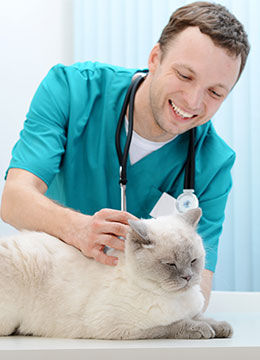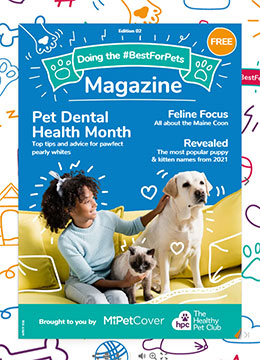 We all passionately believe in protecting our environment and are continually investing in ways to make our practice as environmentally sustainable as possible.
We all passionately believe in protecting our environment and are continually investing in ways to make our practice as environmentally sustainable as possible.
We are often asked by responsible pet owners how best to dispose of unused medications and used medication packaging.
Safe Disposal
Did you know that the safest way to dispose of your pet’s unused flea and worm treatments and medicines is to return them to your veterinary surgery?
Please check your cupboards for any unused or partially used medicines, including any out of date, and return them to us for safe disposal. This also includes any tablets or pipettes that you have removed from the blister pack but not used or opened within 28 days.
Returning medicines to veterinary practice*
Liquid medications
Please ensure the tops or lids are secured tightly on any spot-on pipettes, bottles or jars. Ideally, these should then be placed in a sealed, leak proof bag.
Unused tablets
These should remain in their original packaging (blister packs) if possible; otherwise, tablets of the same type should be gathered together and placed in a sealable, child proof container.
Disposing of Used Packaging at home
Pipette tubes (eg spot on flea treatment)
Replace cap securely in case there are any drops of product left inside and dispose of in your normal household waste.
Empty Blister packs
Dispose of these in your normal household waste.
Card packaging
Remove any label with your personal details on or make it illegible then dispose of the card in your Recycle Bin.
Why are we asking for your help?
Please do not dispose of any unused flea and worm treatments or medicines via wastewater eg down the sink, toilet or drain. Disposal of products in this way can contribute to environmental contamination; traces of animal medicines have been detected in rivers throughout the UK.
These products should not enter watercourses, as they could be dangerous to fish and other aquatic organisms.
Returning unused or out-of-date flea and worm treatments and medicines to your veterinary practice ensures their safe disposal by a licenced operator.
And a word on poop
Please remember to clear up your pet’s poop when out walking or even from your garden. Traces of some veterinary medicines can remain in your pet’s poop, which could also lead to environmental contamination if not cleared up. Scooping it into a biodegradable poop bag and dropping it in to a dog waste bin is the best option.
These simple steps can help to protect the environment.
If you are in any doubt about the correct way to dispose of your pet’s medications please, contact us.
Warning! What is the risk of re-using veterinary medicines?
Do not share any unused medication with other pet owners. This medication was specifically prescribed for your pet’s condition and could cause more harm than good to another pet. Likewise, if your pet shows recurring symptoms, you should not restart the treatment. Any veterinary medicine or flea and worm treatment for your pets should only be administered under the advice and direction of your veterinary surgeon.
We take our responsibilities seriously and care about our environment.
Thank you for helping to keep all of us and our pets and our environment healthy and safe.
*Please note we are unable to provide refunds for returned unused medicines, as we are unable to re-stock medicines for resale once they have left the practice.
The sale of online veterinary medicines is regulated and monitored. Once veterinary medicines have been dispensed from a veterinary practice, it is illegal to sell your unused veterinary medicines online.
It is also illegal for us to supply unused or out of date veterinary medicines to animal charities.



 In May 2005 the first ever Veterinary Nurse Awareness event was launched. Its aim was simple: to raise awareness of the work veterinary nurses do.
In May 2005 the first ever Veterinary Nurse Awareness event was launched. Its aim was simple: to raise awareness of the work veterinary nurses do. Welcome to the latest issue of #BestForPets digital magazine, brought to you by MiPet Cover and The Healthy Pet Club.
Welcome to the latest issue of #BestForPets digital magazine, brought to you by MiPet Cover and The Healthy Pet Club. Welcome to the second edition of #BestForPets magazine, brought to you by MiPet Cover and The Healthy Pet Club.
Welcome to the second edition of #BestForPets magazine, brought to you by MiPet Cover and The Healthy Pet Club.
